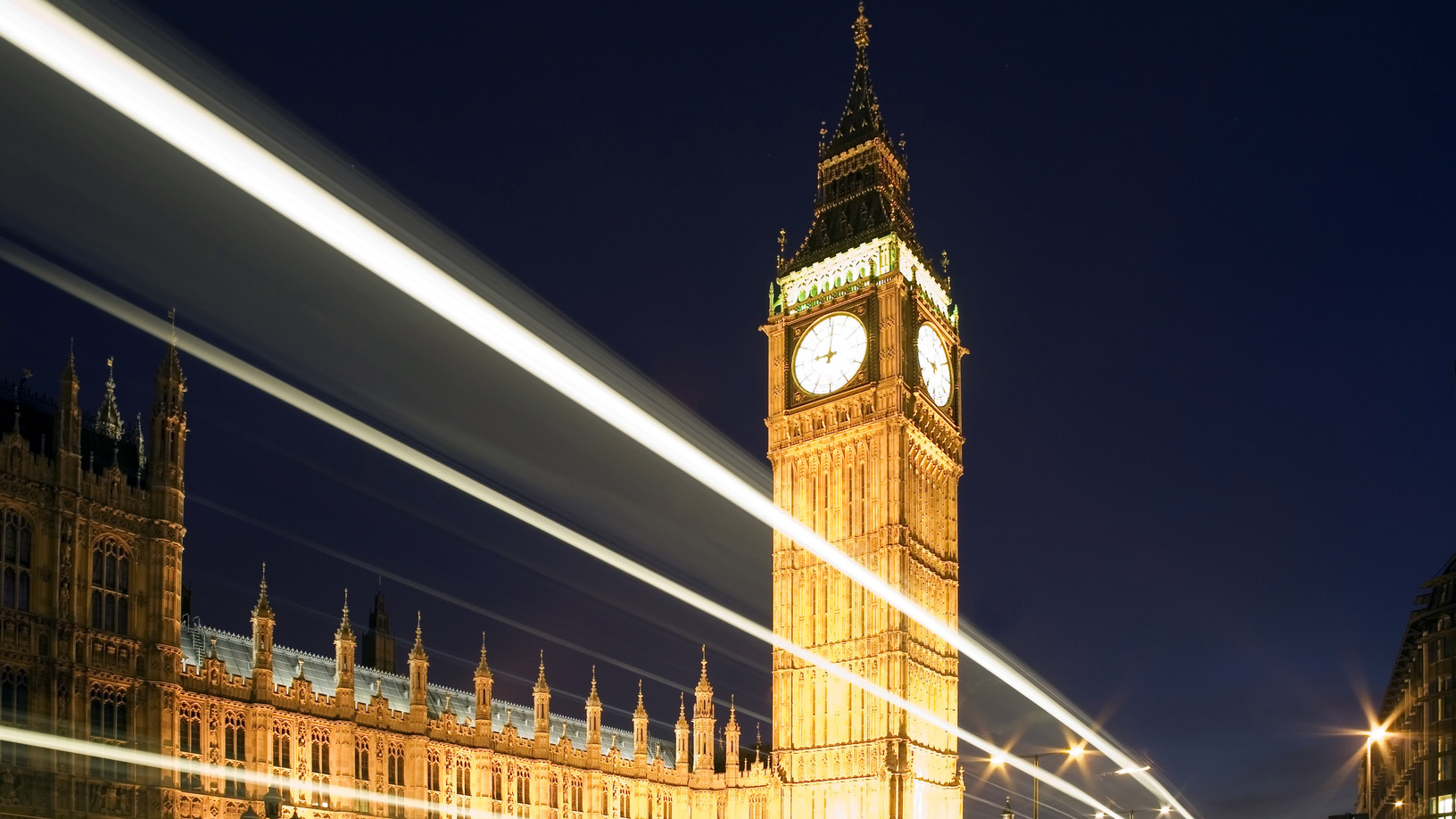Government defends so-called 'snooping bill'
"It's for your own good!"

The Home Office has responded to concerns over its draft Communications Bill, antagonistically known as the 'snooping bill'.
TechRadar contacted the Home Office to find out more about the Bill and how it will impact on UK citizens.
A spokesperson explained, "Communications data is the information, or the 'who, when and where' of a communication.
"It includes the time and duration of a communication, the number or email address of the originator and recipient, and sometimes the location of the device from which the communication was made. It does not include the 'what' – i.e. the content of any communication.
"Access is on a case-by-case basis and is subject to independent oversight. The police can get access to communications data only where it is connected to a specific investigation."
International privacy
We asked if the bill would consider global companies that will be required to store data on UK communications without breaching privacy laws in other countries, as per Twitter's concern.
Twitter lodged an official document on the matter, saying "This has the potential to place us in a legally untenable position with respect to privacy, data retention and data protection laws elsewhere in the world."
Get daily insight, inspiration and deals in your inbox
Sign up for breaking news, reviews, opinion, top tech deals, and more.
The Home Office told us, "We will work with offshore communication service providers (CSPs) to ensure only necessary data is retained, where a service is provided to multiple countries retention obligations will be constrained by the boundaries of the legislation of the countries they are operating in."
So, basically, if you want to plan a crime and minimise the evidence, you could technically pop abroad to liaise with your contacts. That's not us advocating crime as a way of life – in fact, we hear it doesn't actually pay. It's just a fact.
Lacks clarity
The problem is that the proposed act is incredibly woolly; the Home Office's statement to us explained that access to the stored data would be "strictly controlled" and would only be used "for a specific purpose" which can include "preventing… crime, in the interests of national security or for the purposes of preventing death or injury in the case of an emergency" but there's no clarity on the exact minimum circumstance required before a body can go digging through your communiqués.
The Home Office's spokesperson concluded by reiterating that the proposed Bill will be compatible with European Convention of Human Rights (ECHR), adding:
"This Legislation will help ensure that the internet does not become a safe haven [for] criminals, and that the police and others can continue to protect the public."
However, we doubt that the Home Office's comments will do much to allay the fears of those who've already spoken out about the intrusive nature of the bill.
Wikipedia founder Jimmy Wales has already quasi-threatened to encrypt the encyclopaedic site against it, while Sir Tim Berners-Lee has also expressed serious concerns.
Former UK News Editor for TechRadar, it was a perpetual challenge among the TechRadar staff to send Kate (Twitter, Google+) a link to something interesting on the internet that she hasn't already seen. As TechRadar's News Editor (UK), she was constantly on the hunt for top news and intriguing stories to feed your gadget lust. Kate now enjoys life as a renowned music critic – her words can be found in the i Paper, Guardian, GQ, Metro, Evening Standard and Time Out, and she's also the author of 'Amy Winehouse', a biography of the soul star.